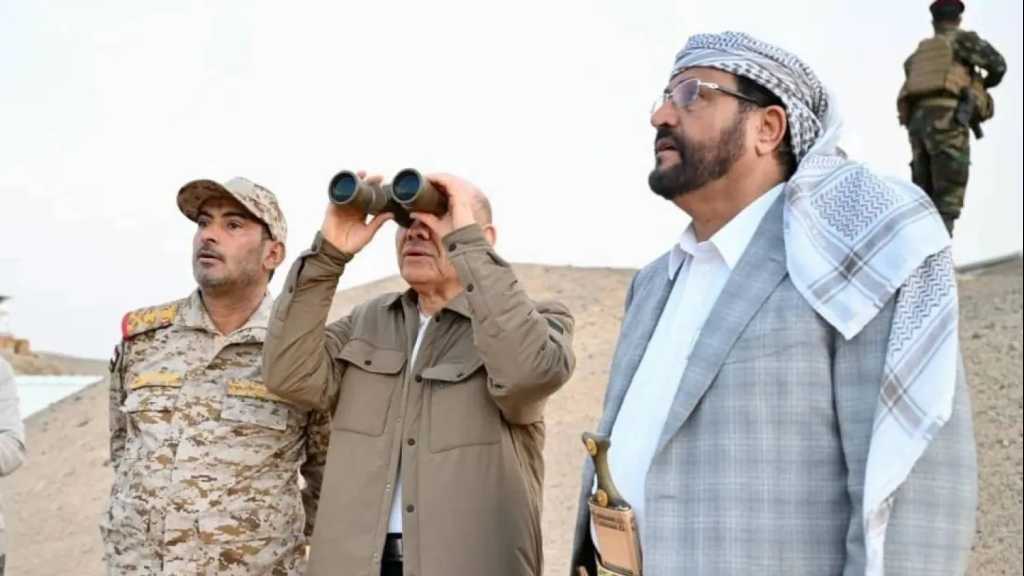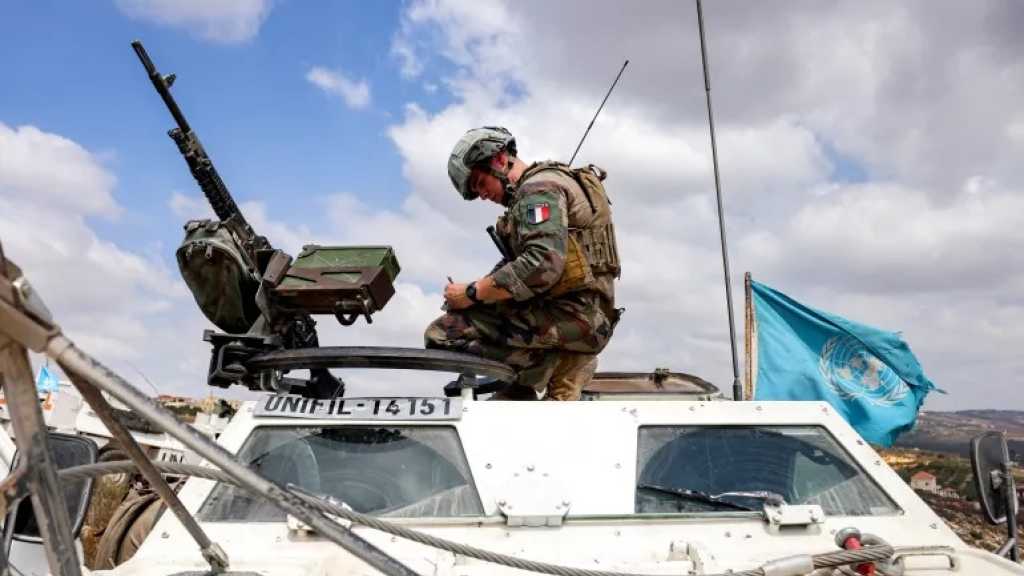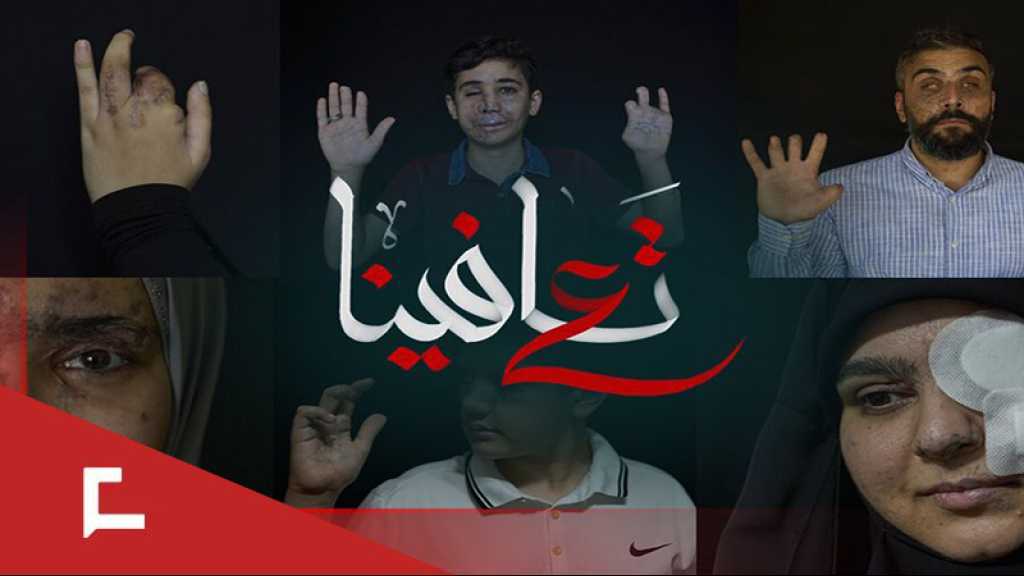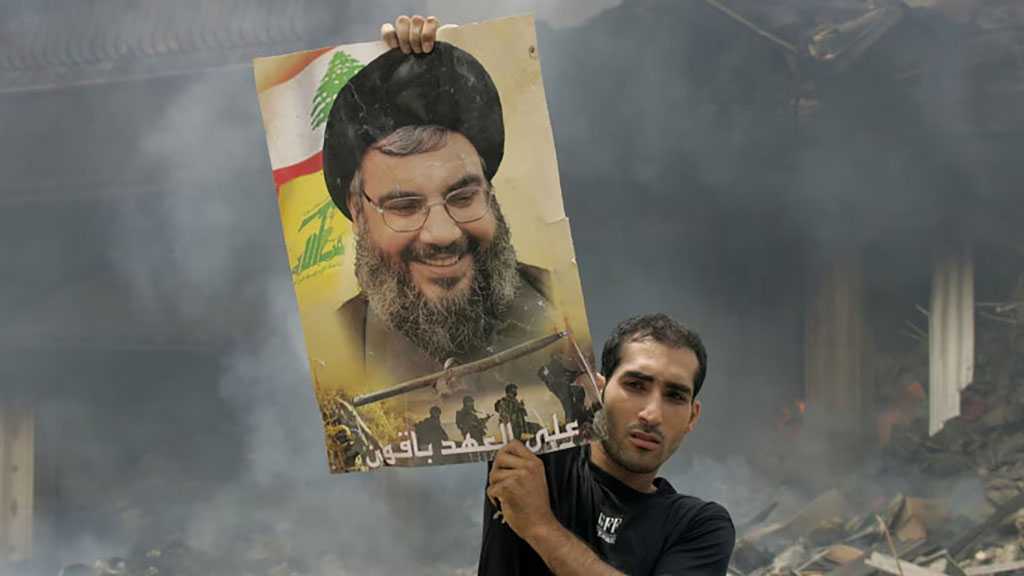Between Rush and Restraint: Is War Renewing in Lebanon?

Translated by Al-Ahed News, Al-Akhbar News
The Lebanese government’s decision to raise the slogan of “monopoly of arms” was not a passing episode in domestic politics; rather, it revived a foundational debate: the future of Hezbollah’s weapons. With Hezbollah firmly rejecting any interference in its arms, it became clear that the conflict is no longer a mere internal political dispute, but one deeply tied to broader regional calculations—foremost among them “Israel’s” consideration of whether to renew its war on Lebanon.
For its part, “Israel” seems trapped between two contradictory impulses: on the one hand, the rush to act quickly before Hezbollah regains its strength and turns recent strikes into an opportunity to consolidate power; and on the other, the urge for restraint, out of fear that a new war could backfire and send missiles raining down on “Tel Aviv”, shattering the narrative promoted by Netanyahu of having neutralized the Hezbollah threat.
In Lebanon, pressing questions are being raised: Does the call for “monopoly of arms” mark the start of a new phase of internal and external confrontation? Or is it merely another chapter in Lebanon’s troubled trajectory, where war remains possible but its timing hinges on complex “Israeli” calculations?
Since the last war ended, the “Israeli” mindset has been shaped by the belief that the opportunity to deliver a decisive blow to Hezbollah might never come again. Despite the severe wounds inflicted, “Israel” understands that Hezbollah was not dealt a fatal strike. Experience over the past four decades has proven that Hezbollah is not a movement that can be crushed into collapse, nor is it like the Palestine Liberation Organization, which was expelled from Beirut in 1982. Hezbollah is an ideological organization with an exceptional ability to adapt and evolve.
This reality heightens “Israel’s” concern: with every passing day, Hezbollah restores its capabilities, repairs damage and innovates new methods of confrontation. For Hezbollah, every setback becomes an opportunity for growth. For Tel Aviv, this means the so-called “window of opportunity” could close at any moment.
Hence the sense of urgency: many in “Israel” argue that a decisive strike must be delivered before Hezbollah fully regroups. Security assessments suggest that the recent blows to Hezbollah’s leadership and infrastructure will lose their effectiveness with time. Any delay gives Hezbollah the chance to reclaim the initiative.
Yet urgency alone is not enough to push “Israel” into war. Political and military considerations in “Tel Aviv” are far more complicated. While the occupation entity may have emerged from the last confrontation with a measure of relative superiority and greater freedom of action, that does not guarantee that a new war would play to its advantage.
Netanyahu continues to promote the narrative that he has “neutralized the Hezbollah threat”. But another confrontation could easily unravel this story. A few missiles on “Tel Aviv” or other major cities would be enough to transform the supposed “victory” into a political disaster.
Regionally and internationally, “Israel” knows that launching a large-scale war on Lebanon risks straining relations with the United States and with Arab capitals currently engaged in normalization tracks. Meanwhile, developments in Syria, Iraq, and Yemen complicate the battlefield further, raising the likelihood of surprises. Restraint, therefore, becomes not a secondary option but a strategic necessity—allowing “Israel” to invest in its current gains without risking them in a potentially costly and unpredictable war.
Inside Lebanon, the “monopoly of arms” debate intensifies. Hezbollah’s adversaries see in it a historic chance to end the Resistance. They quietly wonder whether “Israel” might support these efforts through tangible steps: withdrawing from the five occupied southern points, halting airstrikes and assassinations, and reducing violations. The assumption is that such measures would weaken Hezbollah’s justifications for retaining its arms and empower the state to enforce its decision.
But “Israel” does not think this way. Its arrogance prevents such “concessions.” It insists on building its “security” by its own hand, not through treaties or arrangements. In doing so, it strengthens Hezbollah’s justification for keeping its arms: How can Hezbollah be asked to disarm while the enemy continues to occupy, violate and attack?
Thus, “Israel” reproduces the same paradox: a fixation on control and superiority, even when this gives Hezbollah more legitimacy to maintain its weapons. It is a policy rooted in humiliation and deterrence, dismissing Resolution 1701 and any diplomatic path toward stability.
In response to both internal and “Israeli” pressure, Hezbollah appears to be recalibrating its deterrence strategy—returning to ambiguity. It has reduced public disclosures about its military capabilities, ceased displaying advanced weapons, and refrained from publicizing reconstruction projects. Silence and secrecy now replace exposure and boasting.
This recalls the period from Hezbollah’s founding up until the 2006 war, when absolute secrecy and tight security were hallmarks of its work. Back then, ambiguity itself was power, keeping the enemy in a state of constant uncertainty—always fearing the worst.
Today, Hezbollah seeks to revive that constructive ambiguity, using silence as a weapon. By concealing its capabilities, it restores the element of surprise and forces “Israel” to grapple with the unknown.
Perhaps nothing captures this strategy better than the words of Antoun Saadeh, founder of the Syrian Social Nationalist Party: “We are a party of combat, but a party of vision in combat.”
Hezbollah is neither abandoning its arms nor its project. Instead, it is presenting itself as more measured and discreet—choosing not to be provoked, nor to fight on terms set by others. It combines vigilance with strategic patience, shaping deterrence from the shadows rather than the stage.
Between “Israel’s” rush, driven by fear of Hezbollah’s recovery, and its hesitation, dictated by political and military realities, the decision to wage war on Lebanon hangs in suspense. For Tel Aviv, every day without war feels like a missed opportunity. For Hezbollah, every day is an investment—time itself becomes a weapon.




